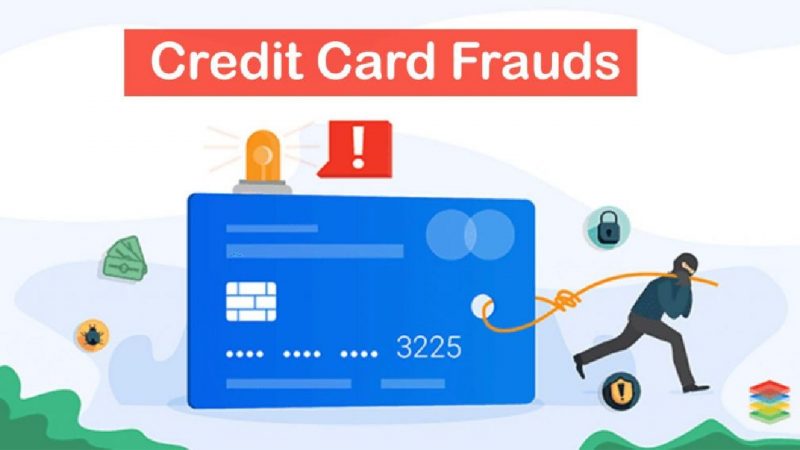CardExpert illustration courtesy
When an incoming call displays as “unknown” or originates from an unfamiliar number not in your contacts, exercise utmost caution.
Be vigilant and regard the caller as a potential swindler aiming to deceive you into relinquishing your hard-earned money.
This stern admonition stems from the personal experience of a grandmother of three, who recounted an unexpected call she received on the afternoon of August 2nd, 2023. The caller requested her to upgrade her credit card to platinum status, accompanied by promises of a heightened credit limit and other enticing perks.
Posing as a representative from her bank, the “unknown” caller attempted to trick her into disclosing her genuine credit card number by offering incorrect digits. Oftentimes, individuals inadvertently provide the correct and valid combinations in response to such tactics.
The imposter bank representative elaborated that this was a requisite step in elevating her credit card’s tier from silver to platinum. Furthermore, he informed her of the option to convert her existing credit card points into cash.
Firmly, the prospective victim responded, “Sorry, wrong numbers… and if you genuinely represent my bank, this information should already be in your possession.”
Undeterred, the fraudster inquired, “What about your address, ma’am?” in a futile attempt to escalate his scam.
Once more, he encountered the same unwavering reply, “Apologies. If you truly are affiliated with my bank, as you claim, my address should be readily available to you through the bank’s records. There’s no need to question me about it.”
Recognizing the shrewdness of the intended victim, the scammer conceded defeat, uttering a perfunctory “thank you, ma’am,” before abruptly ending the call.
“Our guard should never be lowered. Under no circumstances should we divulge critical personal details, information about our bank accounts, credit cards, passwords, personal identification numbers (PINs), or any sensitive data unless we are physically interacting with a legitimate bank representative,” emphasized the almost-victim.
“To outwit scammers is to be a step ahead of them. It’s our most effective weapon against their schemes,” she asserted, noting that despite the successful enactment of Republic Act 11934, which mandates subscriber identity module (SIM) card registration, an unwavering vigilance remains essential.
The second extension of the SIM Card registration law concluded on July 25th. President Marcos endorsed this law in October of the prior year, aiming to curb the rising tide of cellphone-based scams and various forms of cybercrimes.
The Department of Information and Communications Technology (DICT) and the National Telecommunications Commission reported that a noteworthy 105.9 million SIM card subscribers adhered to the law. This figure accounts for 63% of the total reported active SIM subscribers as of December 2022.
Both entities expressed contentment with this figure, asserting that it aligns with the target range of 100 million to 110 million registered SIMs by the July 25th deadline.
Major public telecommunication providers affirmed that nearly all SIM cards associated with active users had successfully undergone the registration process.
In particular, out of the 105.9 million registered SIMs, Smart accounted for 50.0 million, Globe for 48.4 million, and Dito for 7.5 million. (ai/mnm)







